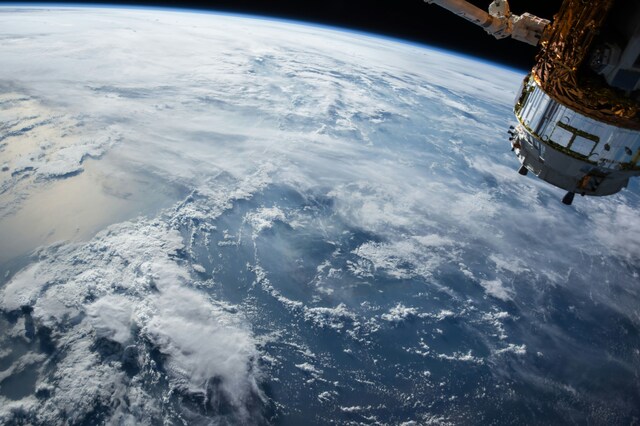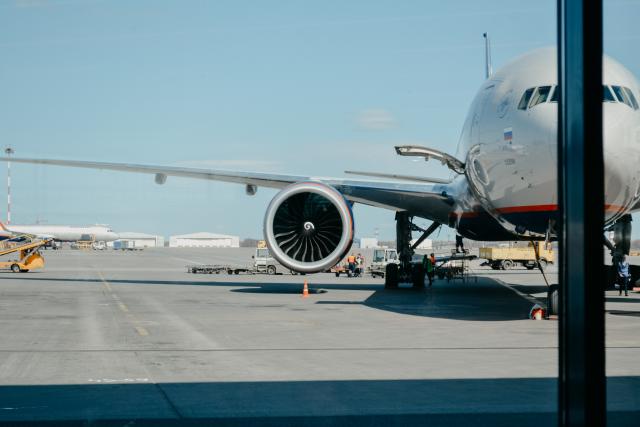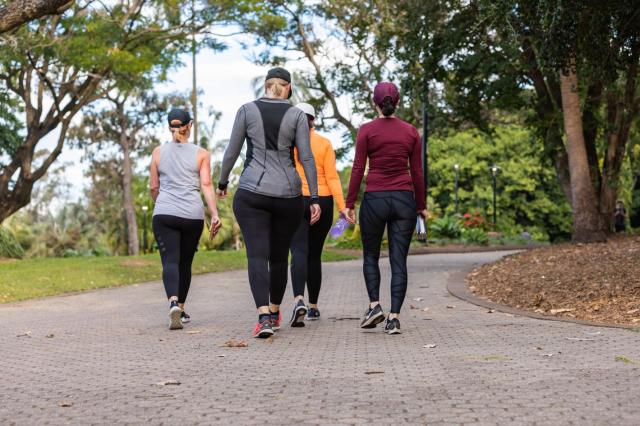La Trobe University and Gaia Project Australia have finished runners up in NASA’s Deep Space Food Challenge.
The winners in their group were Team Solar Foods from Finland.
The challenge tasked researchers to make a prototype that could grow food for long space journeys.
La Trobe University’s engineering and plant sciences experts, in collaboration with Gaia Project Australia, created an innovative vertical farm that grows leafy and microgreens in just 28 days, a fraction of the three-month growth cycle required in regular soil farming.
Their partnership, which was titled, Enigma of the Cosmos, took six months to design and build and is a prototype that NASA could take to space to feed astronauts.
La Trobe engineering lecturer Dr Alex Stumpf said the project was the only finalist from Australia.
“Our team spent many long days and nights creating the world’s first expandable grow channel vertical farm system,” he said.
“We are extremely proud of the unit, and we are excited to see what the judges think of our system. I believe we will do well in the competition, but regardless of the outcome, the system and the ideas will lead to real impact back here on Earth.”
La Trobe Institute for Sustainable Agriculture and Food Professor Mathew Lewsey said the system was helping to advance research.
“We are using Gaia’s technology to train the next generation of plant technologists,” he said.
“As part of the Australian Research Council Centre of Excellence in Plants for Space, our students are simulating how crops could grow during spaceflight and working to improve yield. They are applying what they learn to develop better varieties and growth conditions for use in vertical farms.”
Gaia Project Australia Founder and chief executive Nadun Hennayaka said vertical farms will be the future for large-scale food production.
“While we are creating a growing environment optimised for space, it has real impact on the future of farming on Earth as well,” he said.
“Growing food without soil, with exactly the right nutrients, leads to less crop waste and eliminates the threats of pests, disease and adverse weather conditions damaging the crops.”

















